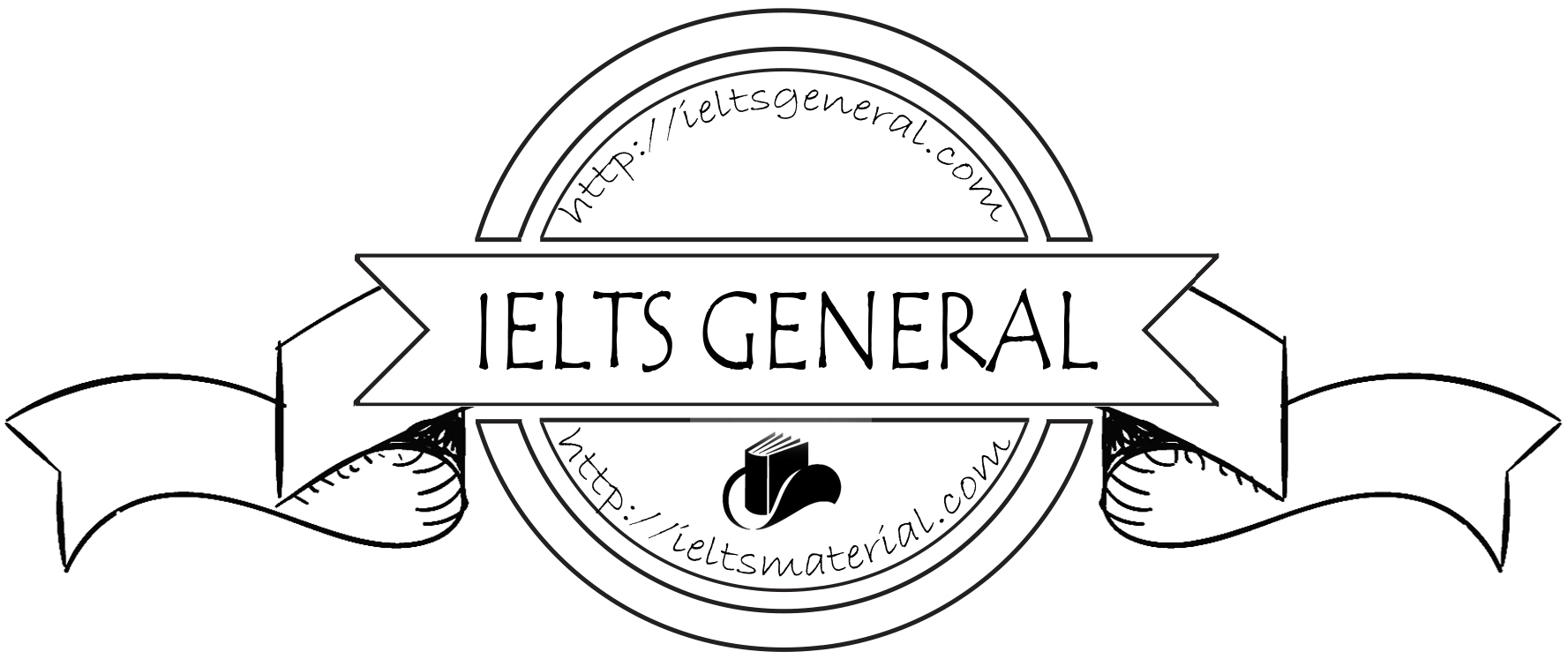Misuse of the infinitive
Use the gerund and not the infinitive
(a) After prepositions or preposition phrases
75. Without, etc. + -ing
Don’t say: Do your work without to speak.
√ Say: Do your work without speaking.
76. Instead of, etc. + -ing
Don’t say: He went away instead to wait.
√ Say: He went away instead of waiting.
(b) After words which regularly take a preposition
77. Capable of + -ing
Don’t say: They’re quite capable to do that.
√ Say: They’re quite capable of doing that.
Note: Also incapable of, to + the infinitive follows able or unable –> He is unable to do anything.
78. Fond of + -ing
Don’t say: She’s always fond to talk.
√ Say: She’s always fond of talking.
79. Insist on + -ing
Don’t say: Simon insisted to go to London.
√ Say: Simon insisted on going to London.
80. Object to + -ing
Don’t say: I object to be treated like this.
√ Say: I object to being treated like this.
81. Prevent from + -ing
Don’t say: The rain prevented me to go.
√ Say: The rain prevented me from going.
82. Succeed in + -ing
Don’t say: Paula succeeded to win the prize.
√ Say: Paula succeeded in winning the prize.
83. Think of + -ing
Don’t say: I often think to go to England.
√ Say: I often think of going to England.
84. Tired of + -ing
Don’t say: The customer got tired to wait.
√ Say: The customer got tired of waiting.
85. Used to + -ing
Don’t say She’s used to get up early.
√ Say: She’s used to getting up early.
(c) After certain verbs
86. Avoid + -ing
Don’t say: You can’t avoid to make mistakes.
✓ Say: You can’t avoid making mistakes.
Note: Also can’t help/ can’t avoid / can’t help laughing
87. Enjoy + -ing
Don’t say: I enjoy to play football.
✓ Say: I enjoy playing football.
Note: Use the gerund or to + infinitive after verbs meaning to like or to dislike –> He likes reading English books, or He likes to read English books.
88. Excuse + -ing
Don’t say: Please excuse me to be so late.
✓ Say: Please excuse my being so late.
Or: Please excuse me for being so late.
89. Finish + -ing
Don’t say: Have you finished to speak?
✓ Say: Have you finished speaking?
Note: So + infinitive or the gerund follow verbs meaning to begin –> She began to speak, or She began speaking.
90. Go on (continue) + -ing
Don’t say: The music went on to play all day.
✓ Say: The music went on playing ail day.
Note: Also keep on –> She kept on playing the piano.
91. Mind (object to) + -ing
Don’t say: Would you mind to open the door?
✓ Say: Would you mind opening the door?
Use of the gerund
Use the gerund (and not the infinitive)
1. After prepositions
Examples: He worked without stopping. She played instead of working.
2. After words which regularly take a preposition, such as fond of, insist on, tired of, succeed in
Examples: I’m tired of doing the work again. He succeeded in catching the rat.
3. After certain verbs, such as avoid, enjoy, finish, slop, risk, excuse
Examples: They enjoy playing football. The wind has stopped blowing.
4. After the adjectives busy and worth
Examples: Lena was busy writing a book. This date is worth remembering.
5. After certain phrases, such as it’s no use, it’s no good, I can’t help, would you mind, look forward to
Examples: I think it’s no use trying again. I can’t help feeling angry about it.
Use the gerund or the infinitive after certain verbs, such as begin, like, dislike, hate, love, prefer.
Example: He began to talk or He began talking.
92. Practice + -ing
Don’t say: You must practice to speak English.
✓ Say: You must practice speaking English.
93. Remember + -ing
Don’t say: I don’t remember to have seen him.
✓ Say: I don’t remember seeing him.
Or: I don’t remember having seen him.
94. Risk + -ing
Don’t say: We couldn’t risk to leave him alone.
✓ Say: We couldn’t risk leaving him alone.
95 Stop + -ing.
Don’t say: The wind has almost stopped to blow.
✓ Say: The wind has almost stopped blowing.
Note: Also give up (= stop) –> He gave up smoking.
(d) After certain adjectives
96. Busy + -ing
Don’t say: He was busy to revise the exams.
✓ Say: He was busy revising for the exams.
97. Worth + -ing
Don’t say: Is today’s film worth to see?
✓ Say: Is today’s film worth seeing?
(e) After certain phrases
98. Have difficulty in + -ing
Don’t say: She has no difficulty to do it.
✓ Say: She has no difficulty in doing it.
99. Have the pleasure of + -ing
Don’t say: I had the pleasure to meet him.
✓ Say: I had the pleasure of meeting him.
Note: Also take pleasure in –> He takes great pleasure in others.
100. It’s no use + -ing
Don’t say: It’s no use to cry like a baby.
✓ Say: It’s no use crying like a baby.
101. It’s no good + -ing
Don’t say: It’s no good to get angry.
✓ Say: It’s no good getting angry.
102. Look forward to + -ing
Don’t say: I look forward to see him soon.
✓ Say: I look forward to seeing him soon.
103. There is no harm in + -ing
Don’t say: There’s no harm to visit her now.
✓ Say: There’s no harm in visiting her now.
